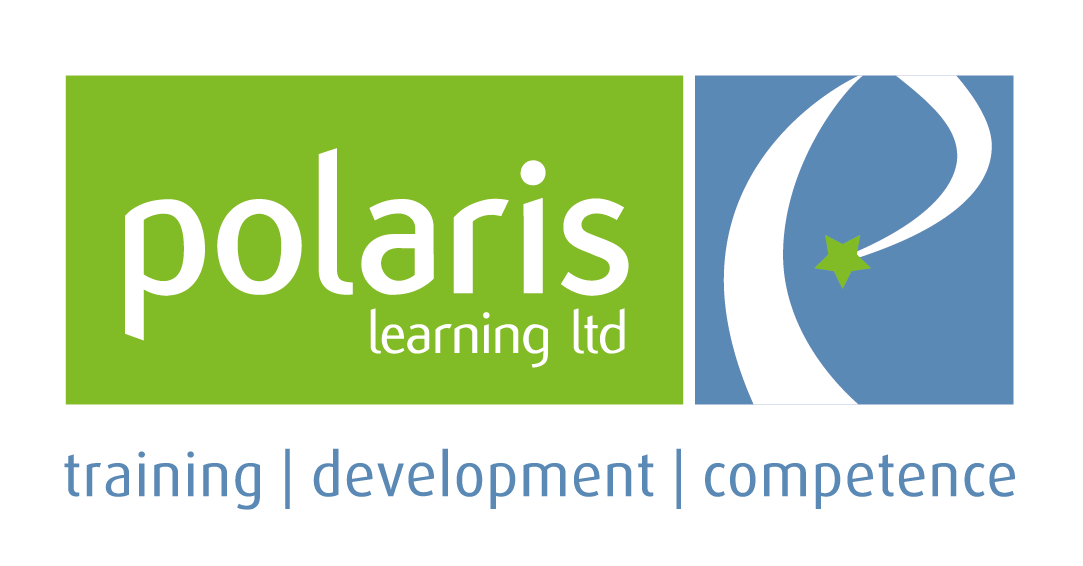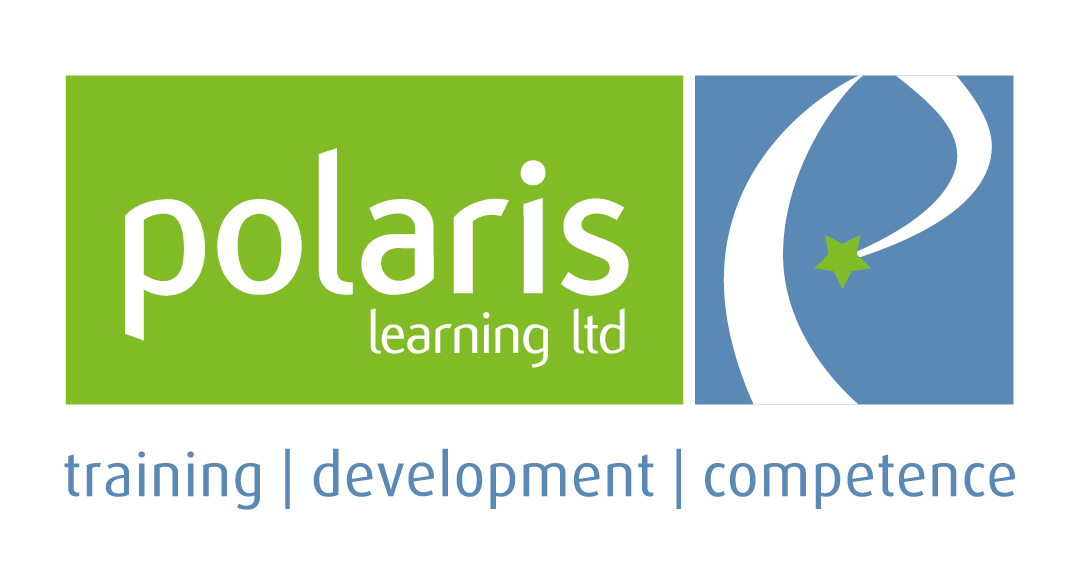HACCP
WHY DO YOU NEED HACCP TRAINING?
It is a legislative requirement (EC 852/2004) that a Food Business Operator (FBO) has in place a Food Safety Management System based on HACCP principles.
The people involved in creating and implementing the HACCP plan need to be trained. They need to understand the role of HACCP within the business. In giving them the training, they will better understand the requirements. This will lead to a stronger focus and increased awareness of the food safety management system. They will understand the importance of maintaining the HACCP system, and how it can affect themselves, the business and the end customer.
We have found that if employees have received HACCP training, they are more likely to understand the concept, the working practices associated with the plan as well as being more active in the process of implementing the system.
With our resources, qualified trainers and our combined industry knowledge, together we can develop a more informed, competent and motivated workforce.
THREE TRAINING OPTIONS
1. We train individuals using our own course which can be adapted to reflect your own business and its HACCP system.
2. We take individuals through the REHIS Introduction to HACCP.
3. Or we take them through the Intermediate HACCP course, depending on the company’s needs.
For options two and three, we will only require a copy of your HACCP plan in advance and a brief site visit to adapt our course to suit your processes.
Training will be delivered by a qualified and experienced consultant using a combination of presentation, group discussions and activities.
The consultant will use real life scenarios to strengthen the training process and together with the use of workshops, this should give employees the necessary tools to be involved with your HACCP system.
HACCP LEVEL 2:
Training would be carried out in a one-day workshop and topics we would cover are:
- HACCP and hazard analysis
- The 7 principles of HACCP and their use to control food hazards
- Practical application of HACCP and hazard analysis systems
- HACCP and legislation
Once the employees complete the training workshop, and have successfully completed an assessment, Polaris Learning would result and issue certification from the Royal Environmental Health Institute of Scotland (REHIS).
This course is also available as a workshop with Polaris Learning certification should you prefer not to go down the accredited qualification route. There are no pre-requisites for this qualification.
HACCP LEVEL 3:
This training course is designed to train supervisors and managers involved in creating and implementing a HACCP plan within their organisation.
To enable the creation and implementation of an effective food safety management system, learners will gain an in depth knowledge of the 7 HACCP principles and how to enact them within their business.
Over the duration of the course, learners will learn how to test the effectiveness of their existing HACCP plan, carry out corrective actions and how to implement root cause analysis.
The training can be delivered on your site and is tailored to your company, and we ensure that we correspond with standards from the Royal Society of Public Health (RSPH).
By carrying out this qualification, it will ensure external auditing is easier as the employee responsible for your food safety management system and HACCP plan will have certified proof that they have been trained to national standards.
This training would be carried out in a three-day workshop and topics we would cover are:
- Brief history of HACCP
- The 7 principles of HACCP
- Hazard identification
- Hazard analysis
- Determination of CCP’s
- Control measures
- Critical limits
- Monitoring CCP’s
- Validation and verification
- Documentation
- Writing a HACCP plan
- Pre-requisite programmes
- Corrective actions and root cause analysis
- Exam technique
Once the employees complete the training workshop, they must complete a multiple choice exam to gain a certificate from the Royal Society of Public Health (RSPH). There are no pre-requisites for this qualification.
RELATED LINKS




 Well Operations Audit of Supply Chain
Well Operations Audit of Supply Chain Revision and roll out of CMS
Revision and roll out of CMS Set up and Hosting of Organisations CMS
Set up and Hosting of Organisations CMS

 Integrated LMS and CMS
Integrated LMS and CMS
